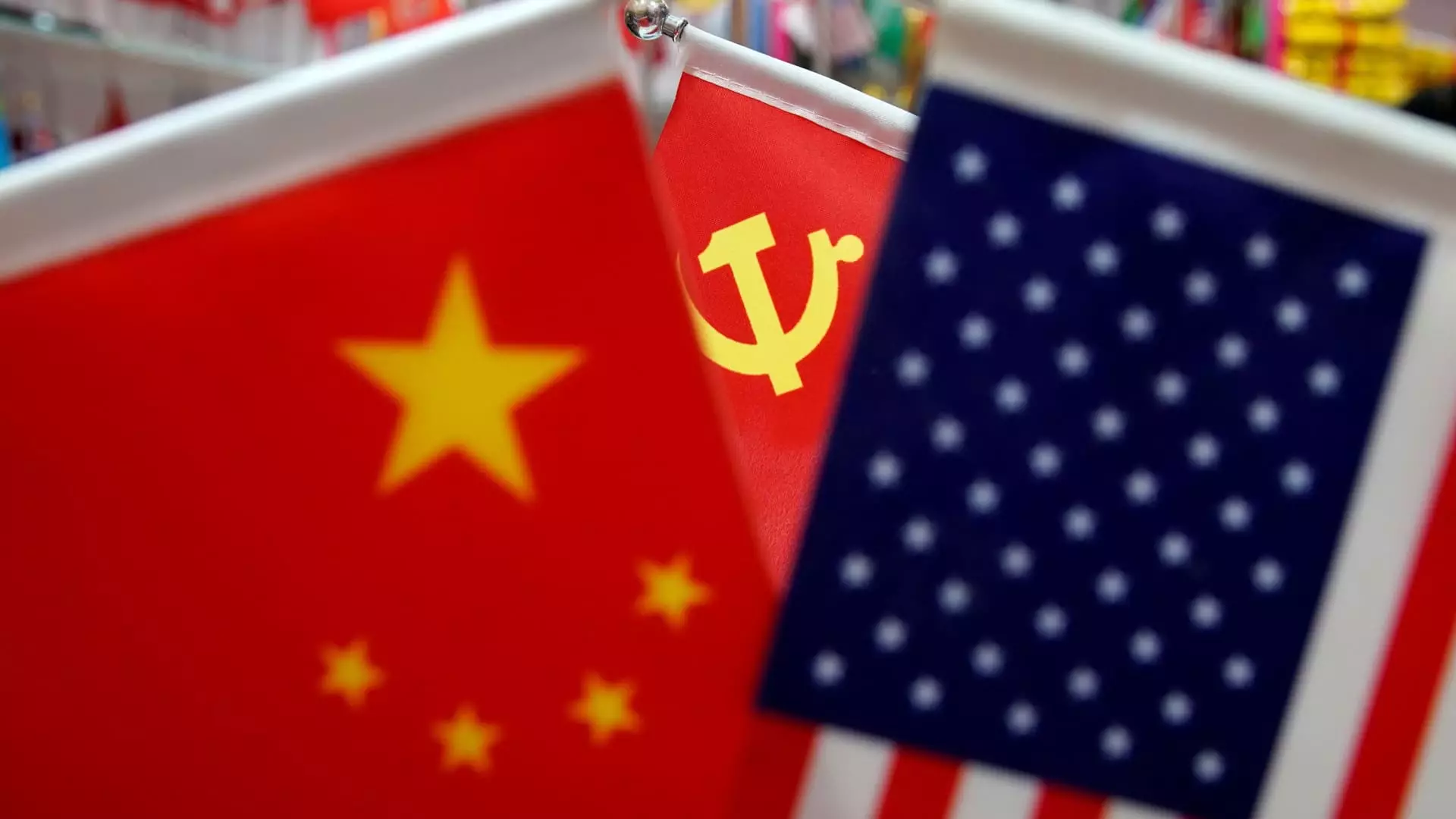In the wake of the U.S. presidential election results favoring Donald Trump, Chinese officials are emphasizing the importance of cooperative engagement with the United States. He Yongqian, a spokesperson for China’s Ministry of Commerce, articulated a clear desire for increased communication, reflecting the nation’s aspirations for a stable bilateral relationship. This overture is not merely a diplomatic nicety; rather, it underscores the broader implications for economic stability and international trade during uncertain times. The message conveyed by He resonates with the earlier sentiments expressed by President Xi Jinping, who acknowledged the potential benefits of collaboration in a congratulatory note to Trump.
The emphasis placed on mutual respect and win-win cooperation reveals China’s strategic approach to foreign relations, particularly with an administration that has historically opted for a more confrontational stance. The complexities inherent in U.S.-China relations demand that both nations recognize the value of dialogue in navigating potential conflicts arising from trade policies.
Anticipation of Tariffs and Countermeasures
As President Trump prepares for his potential second term, concerns are mounting regarding proposed tariffs on Chinese exports. Analysts suggest that the imposition of tariffs may occur sooner rather than later, particularly given Trump’s track record of aggressive trade rhetoric. However, there is a divergence of opinions among experts regarding the extent and implications of these tariffs. Economists like Yue Su caution that tariffs are likely, particularly invoking measures rooted in current U.S. economic policy frameworks. This predictive analysis raises alarm bells within the Chinese economic landscape, already grappling with the ramifications of tariffs from Trump’s initial term.
Conversely, some analysts maintain a more tempered view, suggesting that the worst-case scenarios might not fully materialize. David Chao of Invesco posits that the new administration might prefer negotiations over punitive measures, aiming for concessions that could alleviate trade tensions. He suspects that a more moderate approach would be taken, enabling both nations to manage disputes without escalating into full-blown economic warfare.
Global Implications of U.S.-China Trade Policy
The potential implementation of tariffs has significant implications not only for China and the U.S. but also for the global economy at large. A blanket tariff could dampen demand worldwide, impacting not only Chinese exports but also creating ripples throughout Asia and beyond. Many multinational corporations might reconsider their strategies in response to heightened tariffs and uncertainty, potentially redrawing global supply chains.
As both nations stand at a crossroads, the future of U.S.-China relations remains precarious. The balancing act of fostering economic ties while concurrently addressing trade imbalances calls for innovative strategies from both sides. With rising geopolitical tensions, the importance of a cooperative rather than adversarial approach cannot be overstated. Both nations must seize the opportunity to redefine their economic relationship, steering it towards a more balanced and sustainable path that ideally benefits the global community as a whole.

